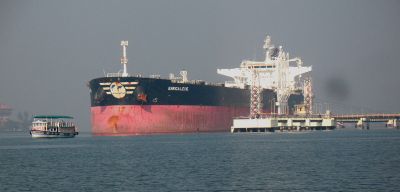In its effort to encourage 'green' transport, the EU has funded creative research through numerous related projects, including the 'Marine electrical initiative' (
MARINELIVE).
Close collaboration with universities, research institutes and industrial partners from Greece and Europe enabled the School of Naval Architecture and Marine Engineering of the National Technical University of Athens (NAME-NTUA) to establish a CoE in Marine Electrical Engineering. The CoE addresses all fields relevant to AESs, including electric grids, power management, propulsion systems, and automation and control.
Six experienced Greek researchers were hired to contribute to the design and development of a ship electric power system emulator to aid in testing new ideas. They also prepared research proposals and networked throughout Europe.
Two-way exchanges with leading European institutions also played a key role in the transfer of know-how to NAME-NTUA. Topics included risk assessment during voyage, AES survivability, computational fluid dynamics modelling (for large marine diesel applications), parallel computing and power electronics in hybrid propulsion systems.
Key software and hardware equipment for AES research was procured and existing infrastructure was upgraded. Project partners organised six different workshops and two international conferences. They also intensified dissemination and promotional activities, including 5 joint and 6 journal papers in peer-reviewed journals and 26 papers in international conferences.
By setting up a CoE, MARINELIVE will strengthen NAME-NTUA's leading position in naval architecture and marine engineering in the European Research Area (ERA) and enhance its capacity to perform research in the core areas of AESs. The project is poised to contribute to regional economic and social development, and to increase NAME-NTUA's potential for attracting future research projects in marine electrical engineering under Horizon 2020.

